From elite Holstein breeder to Tanzanian missionary: How Mark Yeazel trades show rings for orphan care through dairy farming.
You know what gets me? Stories about dairy farmers who entirely flip the script on their careers. And man, do I have one to tell you about today?
Have you heard about Mark Yeazel? This guy spent three decades building one of the country’s most influential Holstein breeding programs. He then shocked everyone by selling his entire operation to start a dairy farm for orphans in Tanzania. Yeah, seriously! We’re talking about a renowned breeder who sold his Ja-Bob Holstein herd—over 40 homozygous polled, 120+ polled, and 120+ red animals—to help more than 130 orphaned kids. I don’t know what will if that doesn’t hurt your heartstrings.
“No, what would be crazy is to believe God tells you to go do something and tell God no.”
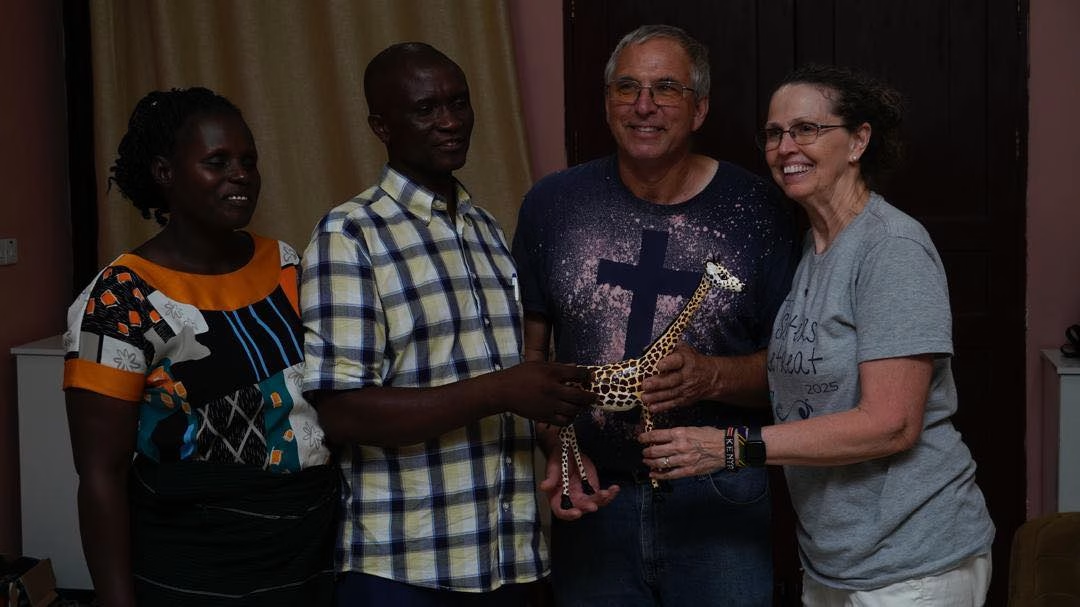
The Backstory That’ll Blow Your Mind
Let me tell you, Mark wasn’t just any dairy farmer. His Ja-Bob herd posted numbers that’d make most breeders drool—an RHA of 27,641M 4.1 1128F 3.25 898P with 140,000 SCC. Impressive, right? He was a big deal in the Red and White Dairy Cattle Association and was crucial in getting them involved with US Livestock Genetics Export.

The turning point? It happened in Sunday School, of all places. Back in ’95, when someone asked what he loved doing, Mark wrote down “international travel.” Then came the follow-up question that changed everything: “What if God asked you to give it up?”
Mark told me, “I recall saying in my head, ‘God will not ask me to give it up.'” But four months later, he told his wife Joy he needed to resign from his leadership positions. Talk about a plot twist!
“God replaced that desire with international travel to serve Him.”
Honestly, I find it fascinating how life works sometimes. What seemed like giving something up transformed into something completely different. Mark’s international connections didn’t disappear—they just shifted purpose.

Not Your Average Orphanage
What makes this Tanzania project so unique? Well, Eternal Families Tanzania isn’t your typical institutional orphanage. They’ve created actual family units! Each house has dedicated parents who provide genuine love and nurturing. It’s modeled after a place called Caminul Felix in Romania that Mark visited years ago.
The setup is impressive. They’ve got 10 houses in their first village, and a second village is under construction. And get this—they’re not just housing kids. They’re running a 120-acre farm growing everything from corn to watermelon, raising tilapia in fish ponds, and producing 800 eggs daily! Talk about self-sufficiency.
I couldn’t believe it when Mark told me about his decision. “It was on the flight home that I told Joy that I thought I should sell the herd and build a dairy for Eternal Families Tanzania,” he said. What’s even more amazing? Joy didn’t hesitate for a second. That’s partnership!
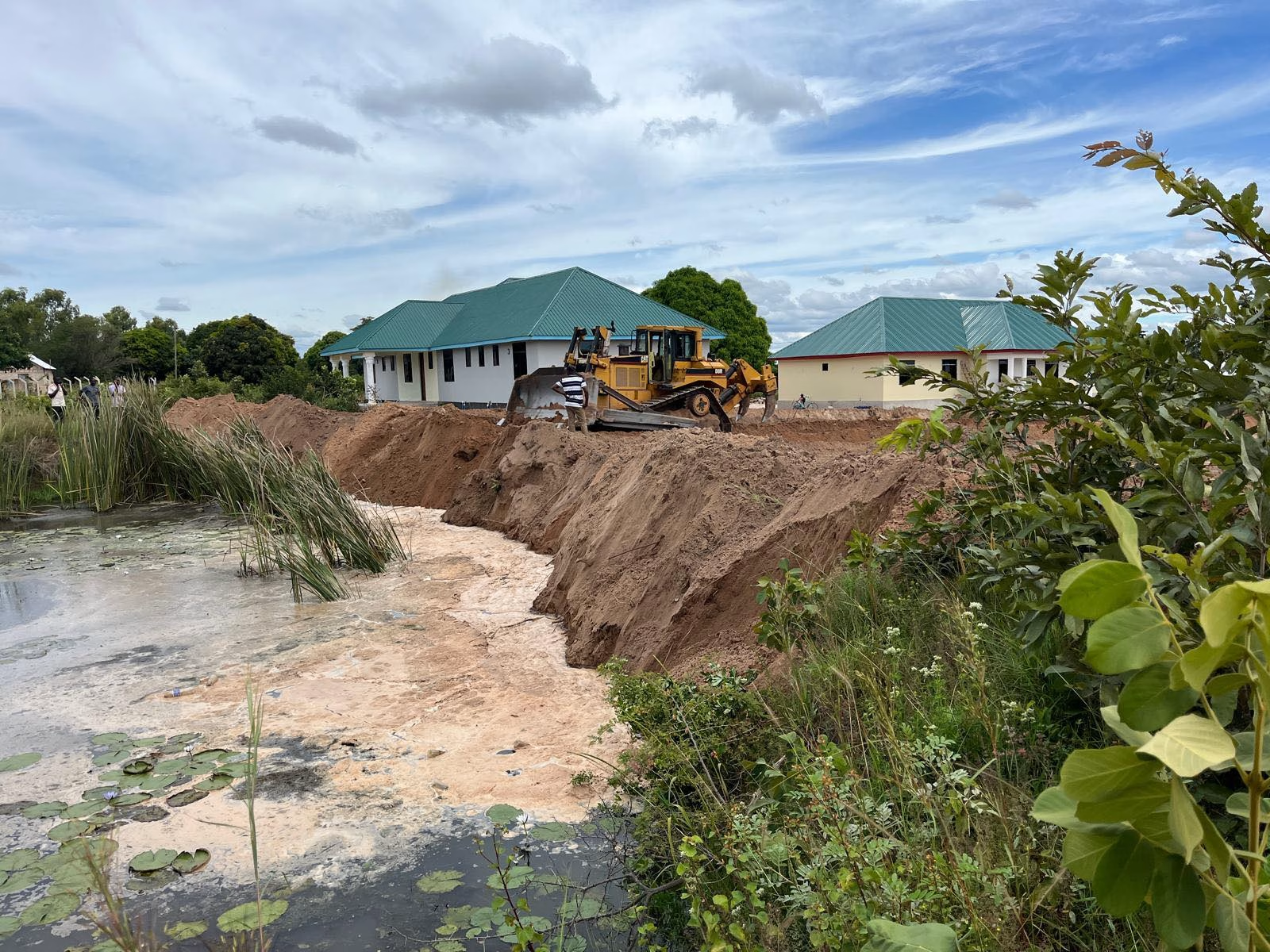
Dairy Farming with an African Twist
So you’re probably curious—how do you build a dairy farm near the equator? Tabora sits at around 4,000 feet, with temperatures ranging from 58-90°F year-round. Mark didn’t just copy-paste American dairy practices. He studied the local conditions carefully and adapted.
One of my favorite details? The barn has a grass roof! Seriously! It’s a traditional building technique that provides natural cooling. They’ve also installed wheel dips for vehicles and foot baths for visitors to prevent diseases like Foot and Mouth and East Coast Fever. Smart, right?
“Too many people judge others in countries like Tanzania as stupid. It is far from the truth; they have fewer opportunities.”
What strikes me about Mark is his humility and respect for local knowledge. He’s built relationships first and learned from the community before imposing his ideas. That’s how you make something sustainable.
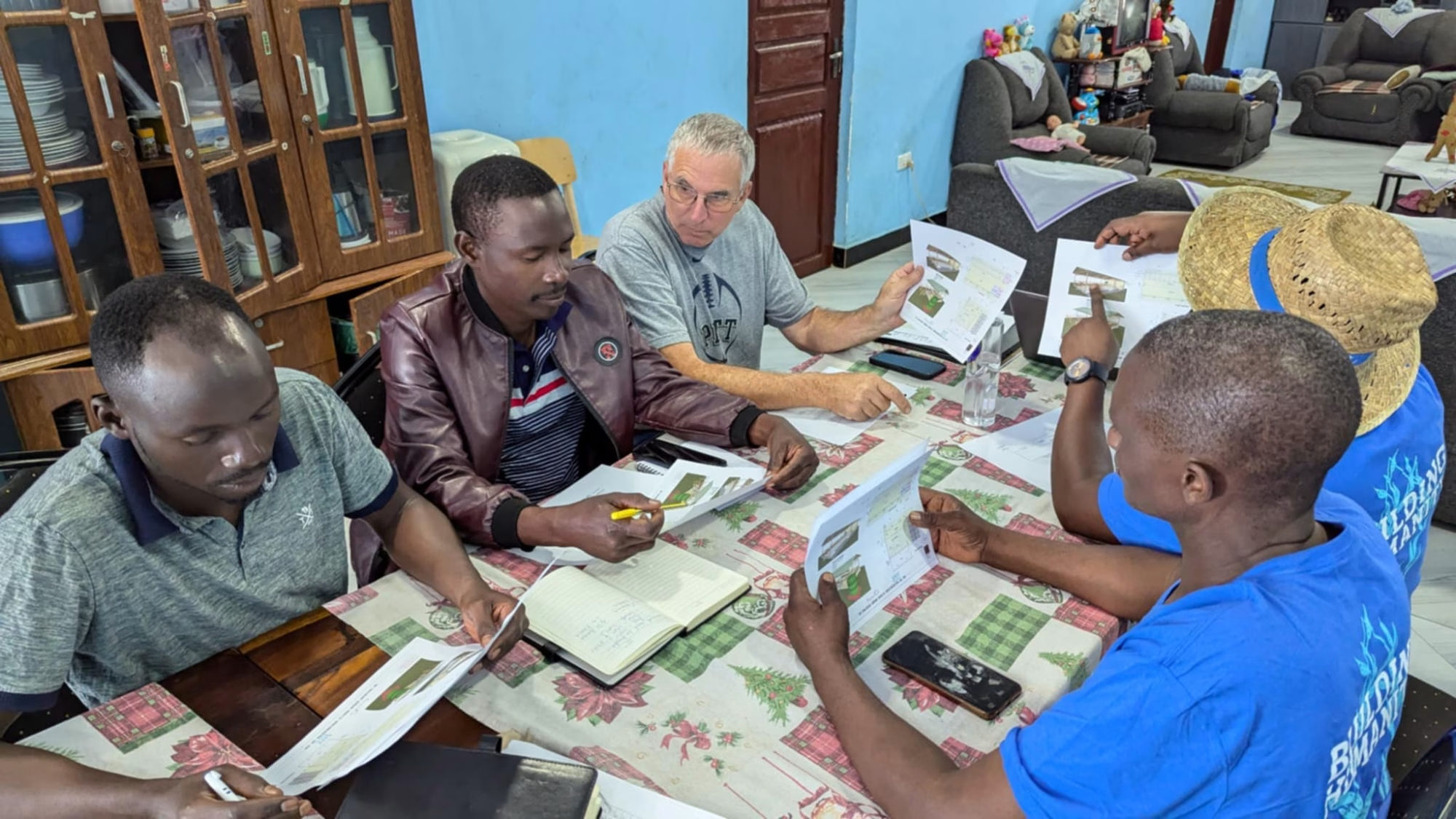
Jersey Girls in Tanzania
I chuckled when Mark told me about his cattle selection process. He initially wanted Holsteins (once a Holstein guy, always a Holstein guy, am I right?), but practicality won out. “Holsteins are a bit harder to find and quite more expensive, so we recently decided to start with 5 Jerseys,” he explained.
But don’t think for a second he’s abandoned his breeding roots. Mark mentioned that he still has 23 embryos from his red polled donors, which he didn’t sell in his dispersal. They’re sired by slick bulls, perfect for Tanzania’s climate. He’s trying to find a local partner to help with recipients. Can you imagine? A Ja-Bob prefix cow in Tanzania that’s red, polled, AND slick? That would be something!
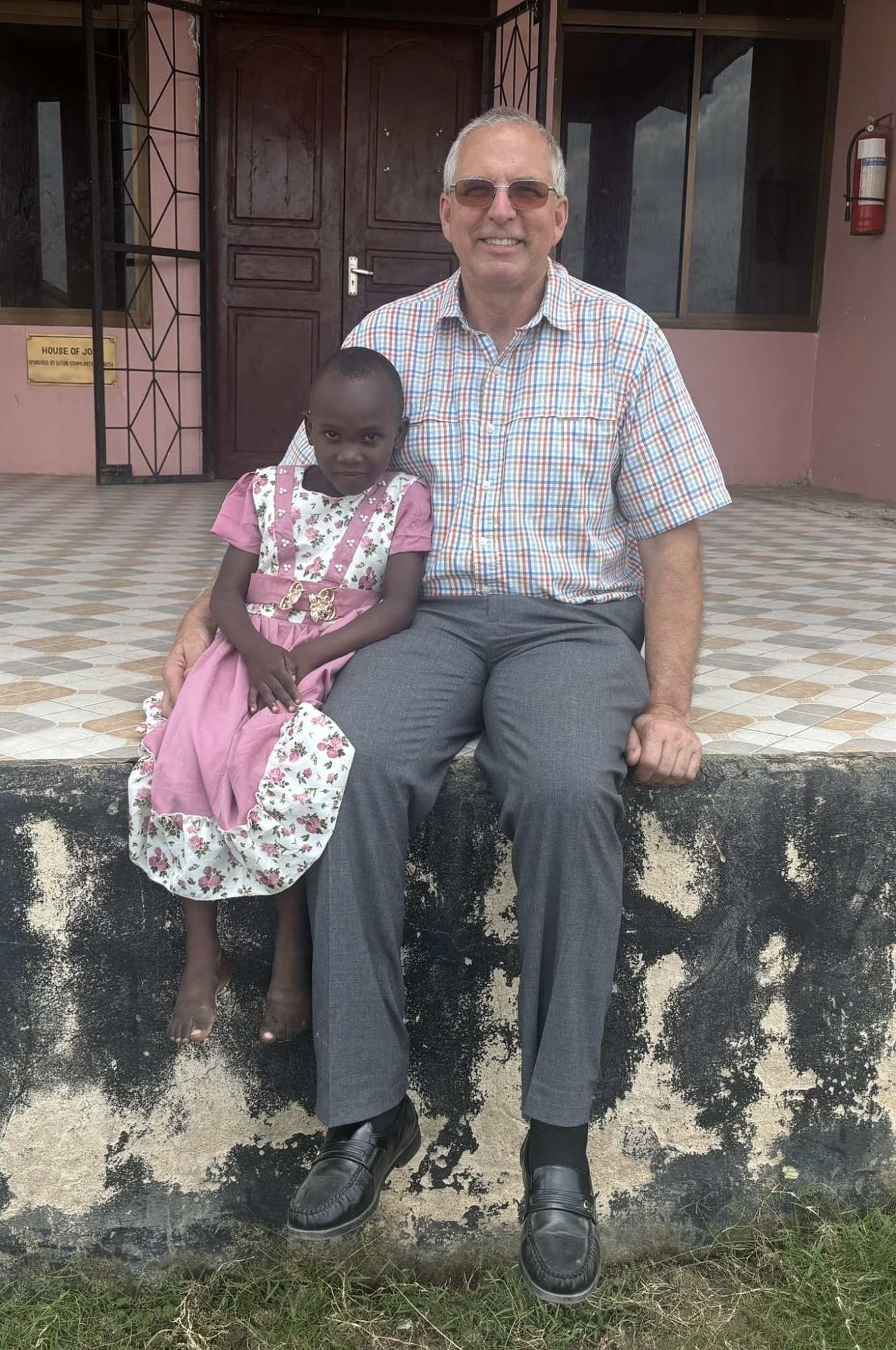
It’s Not Just About Milk
Do you know what gets me excited about this project? It’s so much more than just producing milk. Mark told me about studies showing that adding milk to the diet of children under six can increase their IQ by up to 15 points. That’s a game-changer for these kids!
And the market opportunities? There’s potential for butter, yogurt, and mtindi (a local product similar to drinkable cottage cheese). There’s demand from consumers, restaurants, and hotels. And in a market where adding water to milk is common practice, Mark’s commitment to integrity stands out: “We will not do that.”
“We can do better. Better employee-employer relations, our care for our employees, and our appreciation for our employees.”
I love how Mark sees this as a chance to demonstrate better business practices. It’s not just about the cows—it’s about the people.
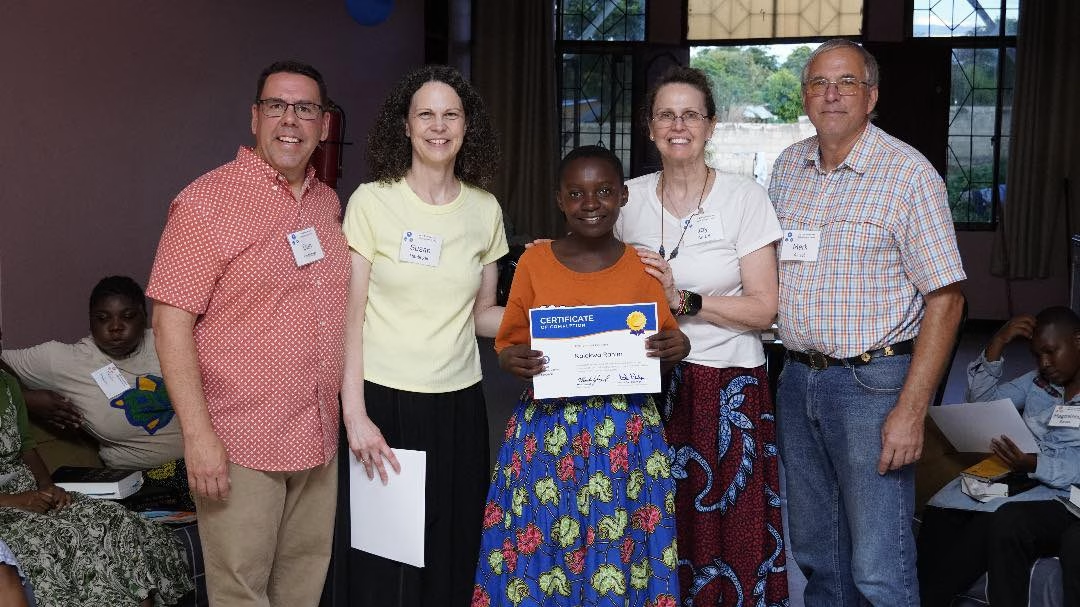
Want to Help? Here’s How
I’ll bet some of you think, “This sounds amazing, but I can’t exactly hop on a plane to Tanzania.” Good news! There are tons of ways to contribute without leaving home.
Mark could use remote consultation on tropical dairy management, nutritional advice for local feed ingredients, or help with breeding strategies for heat-tolerant cattle. Equipment needs include a cooling unit, a second tractor (they currently share one between locations 45 minutes apart!), and a pickup truck for those rough roads.
Do you have connections in genetics? Mark needs help getting those embryos transported. Do you know anything about yellow or silage corn varieties that would work in Tanzania? That would be huge!
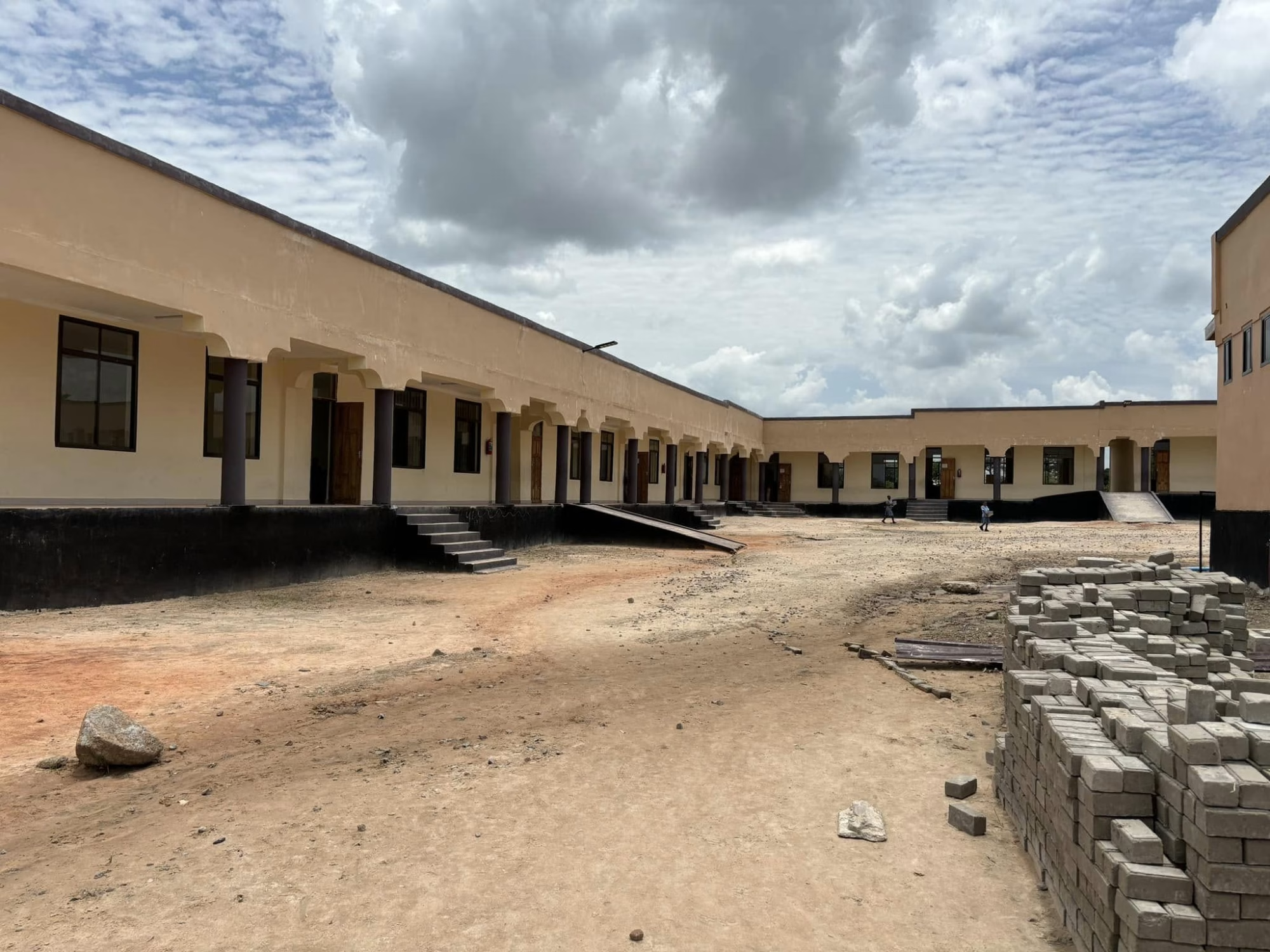
From Breeder to Missionary: A Story That Matters
I can’t help but be inspired by Mark’s journey. Here’s a guy who walked away from an acclaimed breeding program to serve orphans in Tanzania. When skeptics told him he was crazy, his response was perfect: “No, what would be crazy is to believe God tells you to go do something and tell God no.”
The dairy community has already stepped up with AI kits, ET supplies, and a nutritionist who volunteered his services. That’s what I love about dairy people—they are always ready to help each other.
“I believe, as a Christian, that ‘love your neighbor’ is not just a slogan for next door, that love has no boundary. I also believe that love is an action word.”
This story reminds me why I fell in love with the dairy community in the first place. It’s not just about milk and genetics—it’s about people using their specialized knowledge to improve the world. Whether through technical consultation, equipment donations, or financial support, we all have something to contribute.
Mark’s journey from elite Holstein breeder to Tanzanian dairy missionary is inspiring—it’s a blueprint for using agricultural expertise to transform lives. And honestly, I can’t wait to see how this story unfolds.
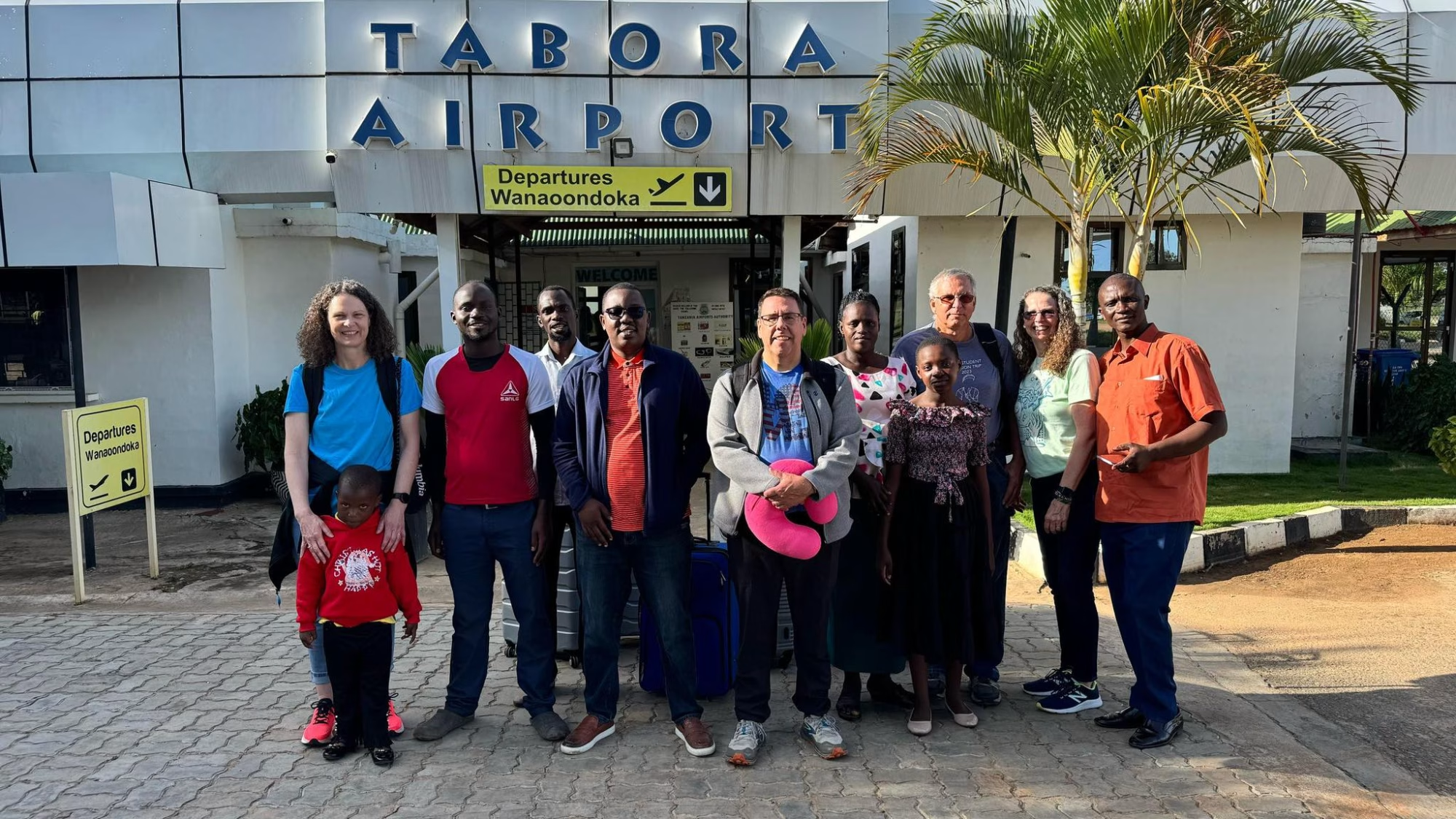
Critical Needs & How to Support
A milk cooling unit sits at the top of Mark’s wishlist—it’s essential for preserving milk quality in Tanzania’s heat and expanding market opportunities.
For tax-deductible donations (U.S. supporters):
Send checks to:
Remember the Children
1100 S. 9th Street, Suite 211
Noblesville, IN 46060
Write “Tanzania Dairy Project” in the memo line.
Every contribution directly funds the dairy’s operational needs, ensuring fresh milk reaches orphans daily.
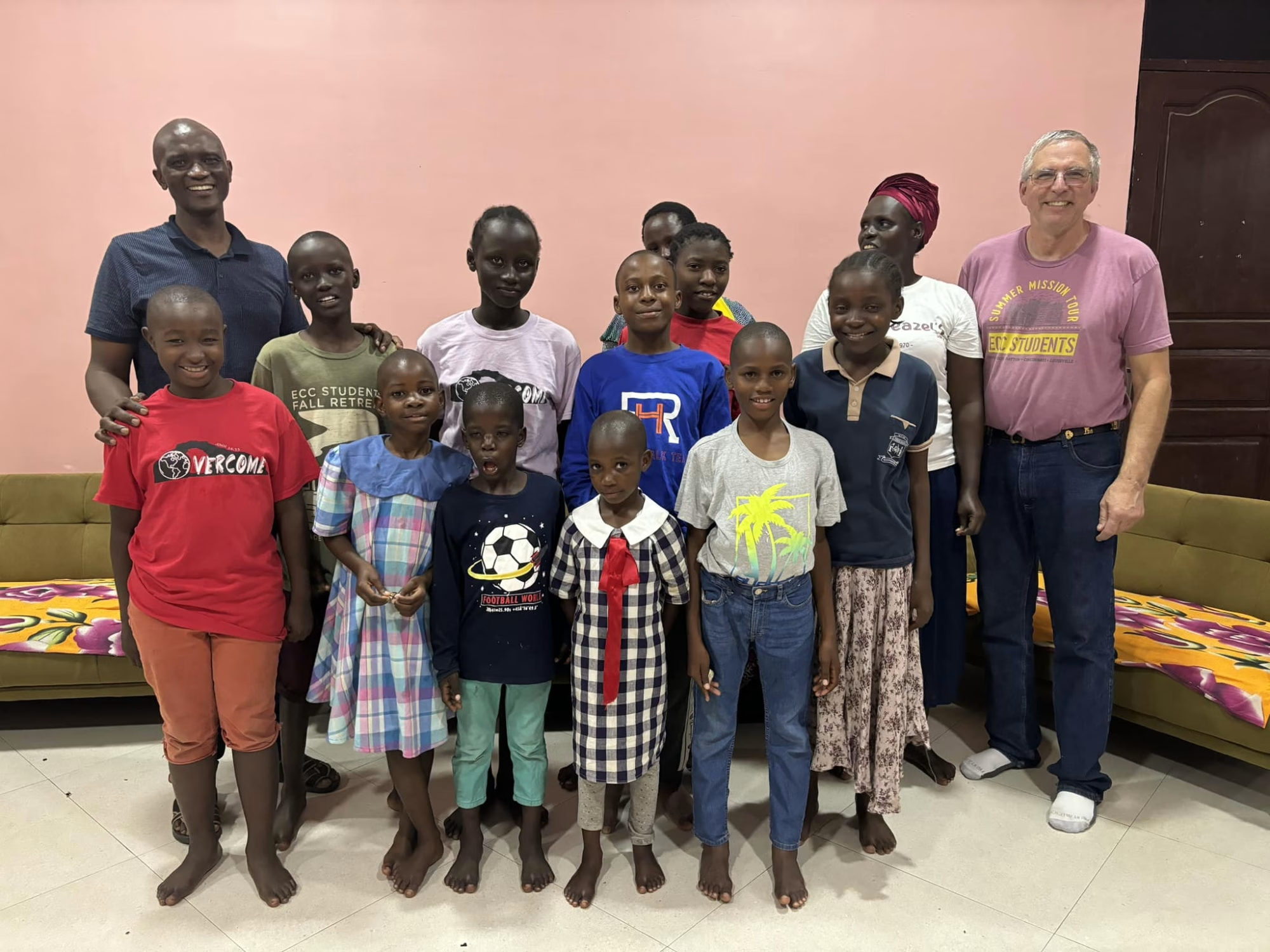
Key Takeaways:
- Radical Career Pivot: Sold 40+ homozygous polled Holsteins to fund orphan-focused dairy in Tanzania.
- Family-Centered Model: 10 homes with dedicated parents, 120-acre farm, and 800 daily eggs support 130+ children.
- Climate-Smart Design: Grass roofs, Jerseys over Holsteins, and biosecurity measures adapt to Tanzania’s 85°F days.
- Dairy = Development: Milk boosts IQ; future plans include butter/yogurt production and community training.
- Call to Action: Dairy pros can donate equipment (cooling units, tractors) or expertise to sustain the mission.
Executive Summary:
Mark Yeazel, a renowned Holstein breeder, sold his entire herd to build a sustainable dairy mission in Tanzania for 130+ orphans. His Eternal Families Tanzania project combines family-style orphan care with innovative agriculture—producing eggs, tilapia, and soon, Jersey cattle milk. Designed for Tanzania’s climate with grass-roofed barns and disease-prevention protocols, the dairy aims to boost children’s nutrition (studies suggest milk increases IQ by 15 points) while training locals. Yeazel’s shift from chasing genetics to serving communities highlights how dairy expertise can drive global humanitarian impact.
Learn more:
- Chobani Launches Shelf-Stable Super Milk to Aid Disaster Relief and Fight Food Insecurity
Discover how Chobani’s nutrient-dense, shelf-stable milk is revolutionizing disaster relief and food security efforts—an inspiring example of dairy’s humanitarian potential. - Demystifying Sustainability in Dairy Farming: A Comprehensive Guide to Economic, Environmental, and Social Pillars
Explore the three pillars of sustainability in dairy farming and how they can create lasting positive impacts on communities, the environment, and the economy. - How Ben & Jerry’s Is Using Dairy to Fight Climate Change: Inside Their Low-Carbon Dairy Project
Learn how Ben & Jerry’s is transforming dairy farming with regenerative practices and climate-friendly innovations to cut emissions by 50% in just three years.
 Join the Revolution!
Join the Revolution!
Join over 30,000 successful dairy professionals who rely on Bullvine Daily for their competitive edge. Delivered directly to your inbox each week, our exclusive industry insights help you make smarter decisions while saving precious hours every week. Never miss critical updates on milk production trends, breakthrough technologies, and profit-boosting strategies that top producers are already implementing. Subscribe now to transform your dairy operation’s efficiency and profitability—your future success is just one click away.








 Join the Revolution!
Join the Revolution!







